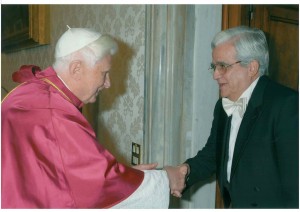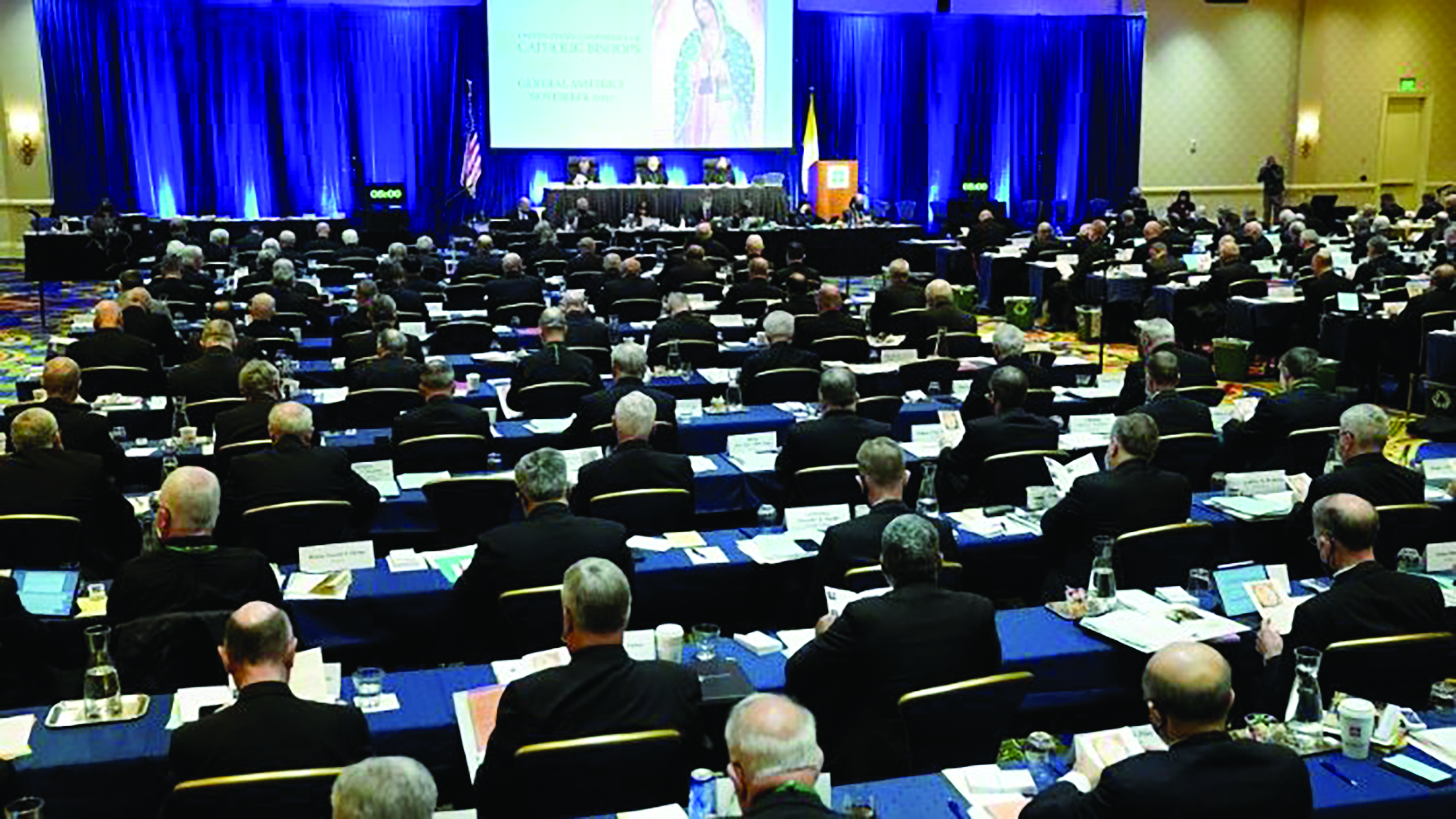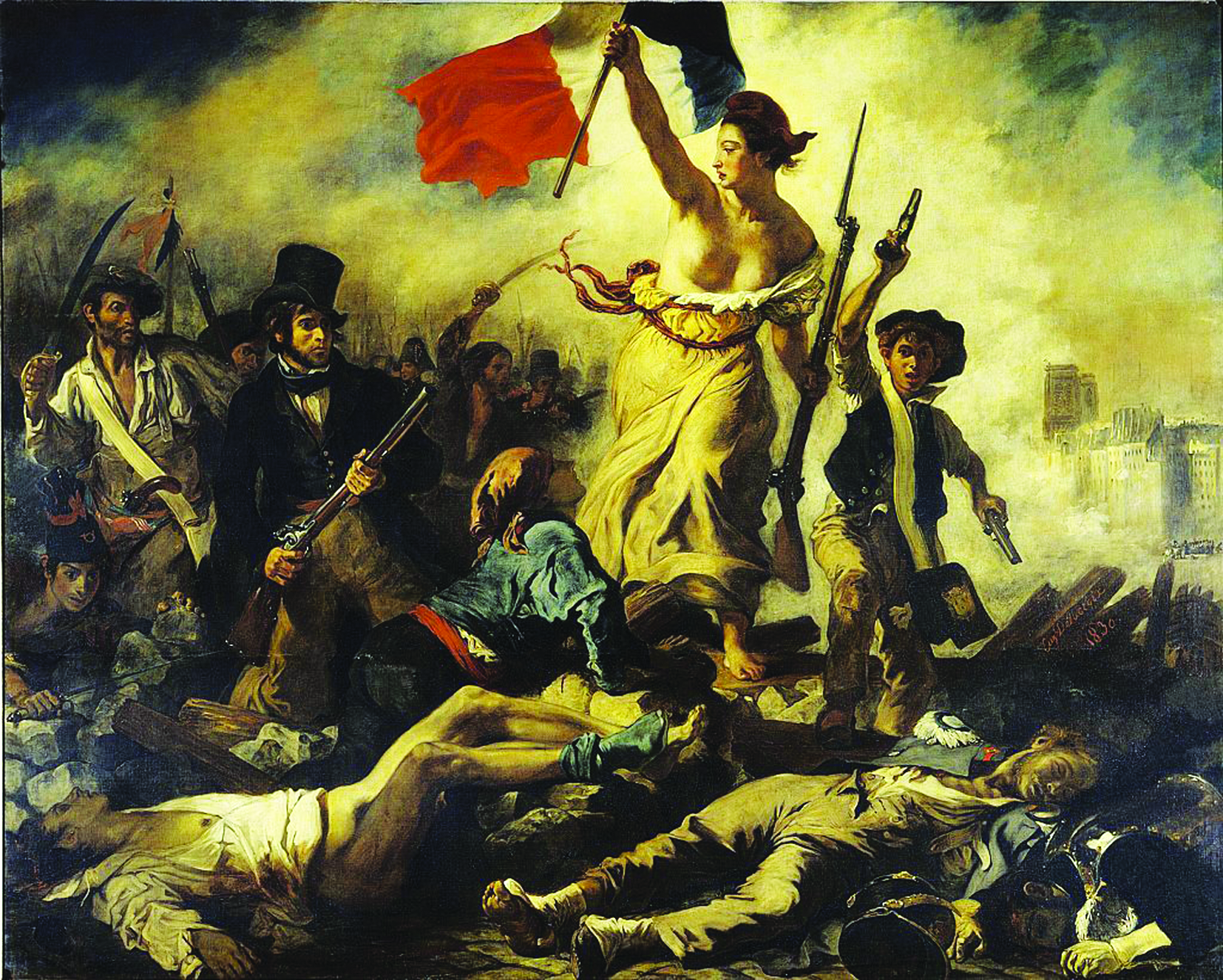Interview with Eduardo Delgado Bermudez, Cuban envoy to the Vatican, on the March visit of the pontiff
The expectations raised by Benedict XVI’s journey to Cuba 14 years after John Paul II’s historic visit to the island; the hopes which the Pope’s message will bring to the people of Latin America; the journey’s program and a possible meeting with Fidel Castro; Cuban-Vatican diplomatic relations, which date back 76 years; recent social and political changes in Cuba. A wide-ranging interview with Cuba’s ambassador to the Holy See, Eduardo Delgado Bermúdez, who met with Inside the Vatican for an interview on the eve of the German Pope’s journey to Cuba.
Another Pope is visiting Cuba after 14 years. What do the people of Cuba expect from this visit?
Eduardo Delgado Bermúdez: The same things which they expected from the visit of Blessed John Paul II. Benedict XVI’s visit is very important, not only for the Church and Catholics in Cuba, but also for the whole country. We have had diplomatic relations with the Holy See for more than 76 years. The Pope has great moral authority; the Cuban people and government will receive him with great affection, respect and with best wishes for the success of his visit.
What is the Holy Father’s message now that the date of his journey is drawing near? What is the message which the Church and the Cuban government expect from the Pope?
Delgado Bermúdez: Benedict XVI has often declared that the Cuban people are in his heart and expressed his best wishes that our country may build up a society in which the values of charity, social justice and solidarity with the weak may prevail. He has also expressed his wish that Cuba may no longer be unjustly isolated by the international community. As everybody knows, the Holy See is opposed to the embargo on Cuba. Our government holds in high regard the role the Church plays in our country and all over the world and the Holy Father’s authority in particular. Any pronouncement from His Holiness is very important to us.
Raul Castro has granted pardon to almost 3,000 prisoners. What is changing in the Cuban government now that the Pope’s journey is in sight?
Delgado Bermúdez: Cuba is changing all the time. There are people, mostly abroad, who advocate changes which Cubans do not want. Yet the Cuban revolution has always undergone a process of change and improvement. At this stage we are introducing changes aimed at the improvement of our social, political and economic system. The pardon granted to more than 2,900 prisoners which our president announced on December 23 is a humanitarian and sovereign gesture; such sovereign gestures, on the other hand, are made systematically every year and in greater numbers than on this occasion. In addition, we met the requests of the prisoners’ relatives and several religious organizations. This decision was also made in connection with Benedict XVI’s visit in March and the 400th anniversary of the finding of the Virgin of Charity of El Cobre.
Is the Pope scheduled to meet Fidel as well as Raul Castro?
Delgado Bermúdez: A meeting with Fidel Castro does not feature in the official program, but it cannot be ruled out. I think it will depend on the Holy Father’s program and on the actual possibility of its taking place.
What is the meaning to the Church, to the faithful and to the political institutions of Cuba that the Pope will celebrate Mass in Revolution Square in the center of Havana?
Delgado Bermúdez: Revolution Square is a symbolic place where many historic events have taken place, including the Mass which John Paul II celebrated in 1998. Also, it is the widest open space for a large crowd. Choosing this place, the Church and the Vatican have no doubt made the correct choice. Almost 1 million pilgrims are expected to participate in this solemn celebration.
What about the situation of the Catholic Church in Cuba? Some complain that there is not yet full religious freedom…
Delgado Bermúdez: There is full religious freedom in Cuba. It is guaranteed by the Revolution and recognized by the Constitution. It is true that in the early years there were legal and political discriminations against believers, but this has never affected religious freedom. Such discriminations have been eliminated and we are actively exerting ourselves for all religious confessions to be able to pursue their activities in full freedom and for the elimination of all prejudice and discrimination. At present the Catholic Church enjoys all the rights guaranteed by the law and the State, which, though a non-confessional state, has the spiritual life of its people among its priorities.







Facebook Comments